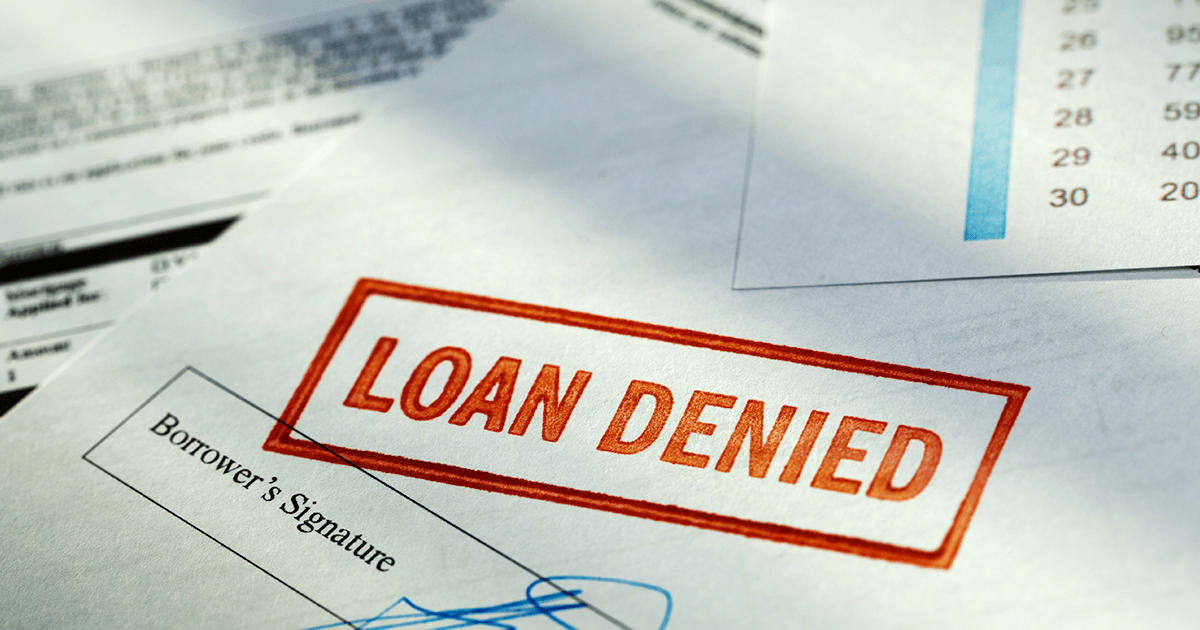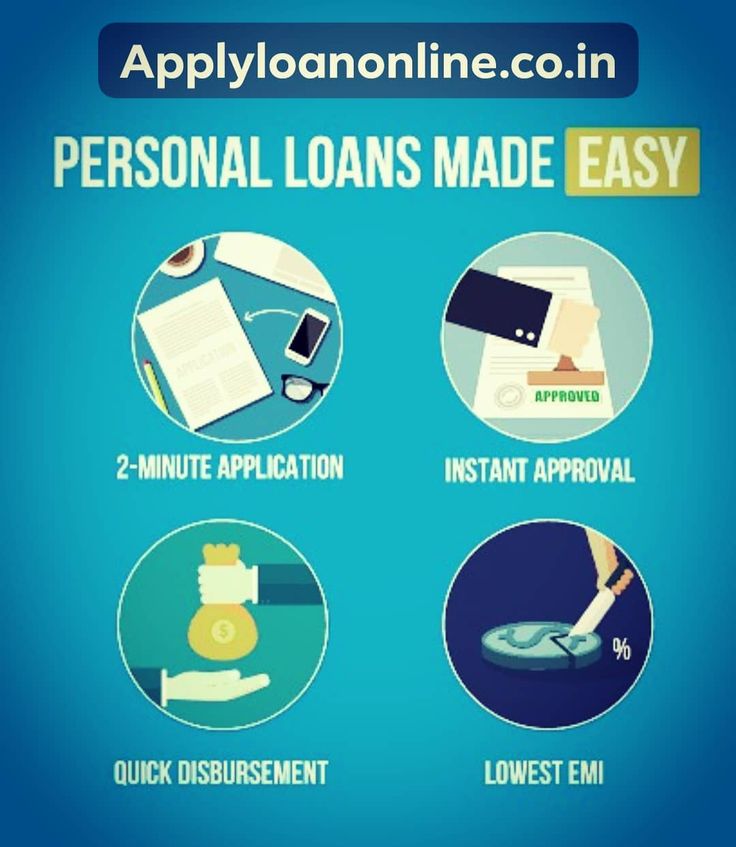Many lenders require applicants to have a minimum score of around 600 to qualify, but some lenders will lend to applicants without any credit history at all. 2. Income Lenders impose income.How to Take Out a Personal Loan in 9 Steps The steps for taking out a personal loan tend to be similar, no matter which lender you choose.1. Understand the application process To get a personal loan, you will fill out a loan application and show proof of your identity, address and income. The lender may ask for things like W2s, pay.Loans are fully amortizing personal loans as long as you pay on time. You must have a minimum household income of $25,000 to be considered for a Discover personal loan. It cannot be used to pay for post-secondary education, to pay off a secured loan, or to directly pay off a Discover credit card.

To get a deeper dive into how installment loans work, consider these two scenarios. 1. Using a personal loan to get back on track Sue’s daughter recently broke her leg. While her daughter’s feeling much better, the incident left Sue with a few extra medical bills she wasn’t expecting.Personal loans typically carry a much lower interest rate compared to credit cards. For reference, the current average APR for a two-year personal loan is 9.58% while the average APR for a credit.The interest rates of personal loans are normally lower than credit cards, making personal loans a great vehicle through which a person could consolidate credit card debt or other debts sitting at higher interest rates. When deciding to take a personal loan for debt consolidation, the fees should be fully considered.

Here is a list of our partners and here’s how we make money. Steps 1. Check your credit score 2. Compare estimated rates 3. Get pre-qualified for a loan 4. Compare lenders and shop around 5. Read.How long does it take for a loan to process? Typically we’ll notify you with your loan approval status in less than a minute. Apply Step 3: Close your loan If your loan is approved and you’re a U.S. Bank personal checking or savings customer, you may close your loan online.A personal loan is a type of financing you can obtain from banks, credit unions, and online lenders. Personal loans are term loans, meaning you borrow a lump sum up front with a fixed rate, then you pay back fixed monthly payments for the loan term which usually ranges from two to seven years.. No matter the reason why you might want a personal loan, the process of getting one doesn’t need .

It not only determines if you’ll get approved but how much interest you’ll pay over the life of the loan. According to ValuePenguin, a borrower with a credit score between 720 and 850 can expect to.The average APR on a personal loan is 9.41% as of June 2019, but it can range from 6% to 36% depending on your creditworthiness, including an examination of your income, debts, and credit score. 1.Hooks: As with most loans, the primary qualification is a good credit history. Sometimes, it may be possible to use collateral for a personal loan, and this may help to make you qualified for a.Used wisely, a personal loan can be a great way to make large purchases, save money and even boost your credit score. But first, it’s important to understand exactly how a personal loan works and how you can use it to your advantage. Personal Loans 101. Taking out a personal loan may sound intimidating at first, but the basics are simple.

2. Check your credit score. Unsecured personal loans don’t require collateral. Because of this, personal loan lenders determine your eligibility based on your financial history, including your credit score, income and total debt. Typically, the higher your credit score is, the lower your APR will be. APR, or annual percentage rate, is the annualized cost of borrowing a loan.Close on your personal loan 1. Check your credit Before starting the application process for any kind of loan, it’s a good idea to review your credit. Credit history and credit scores are among the financial factors lenders will generally consider when reviewing your loan application.


